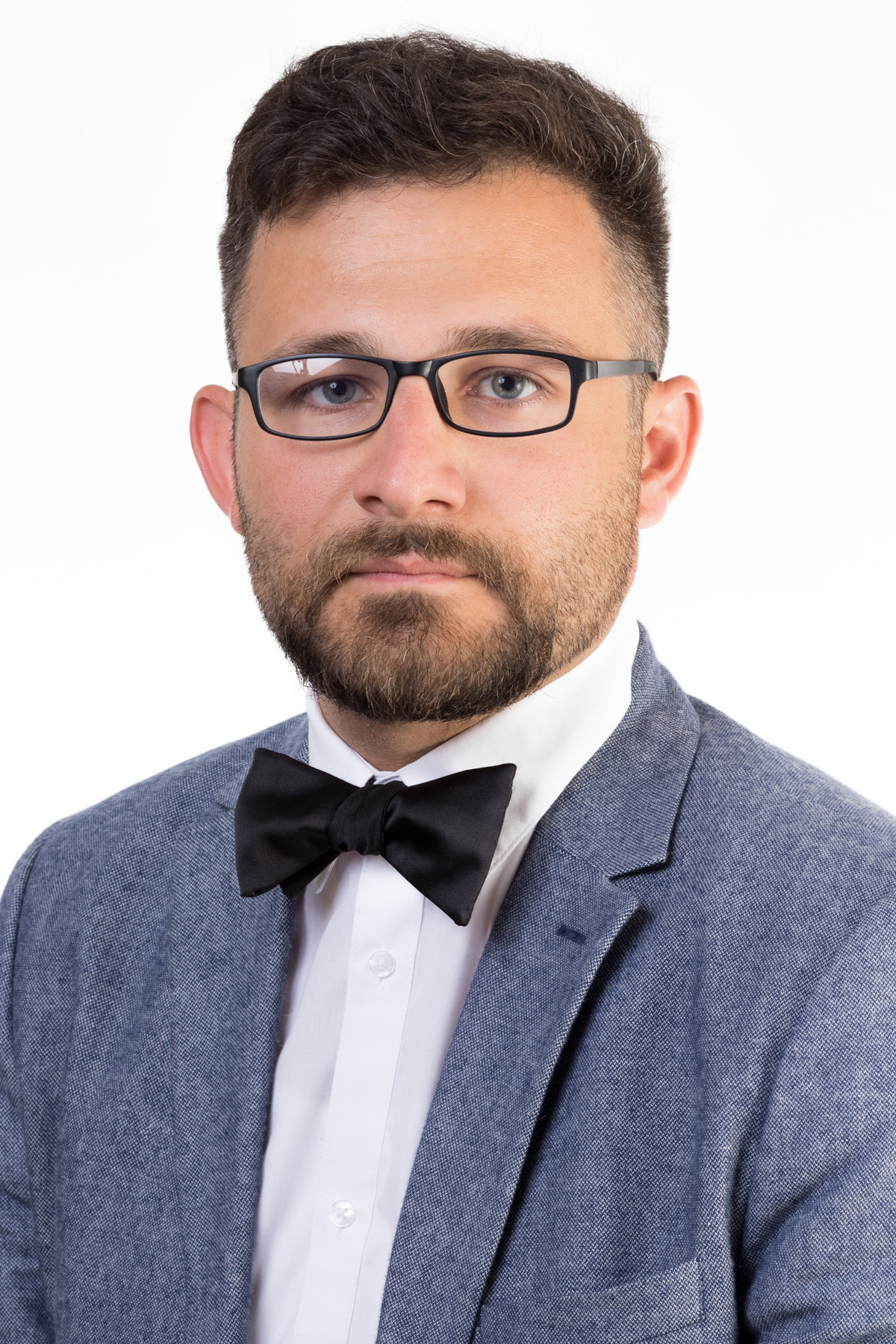
Ahmet Aksoy, a doctoral student in the College of Media & Communication, was chosen for a sponsored residency with the National Humanities Center in the Fall of 2020. He was the sole representative of Texas Tech University as graduate students across the nation convened for discussion and advancement of online learning environments.
The opportunity came to Aksoy through college faculty who know he possesses a passion for teaching. Although the pandemic prevented travel for the residency, Aksoy created many lasting connections.
“The neat thing was meeting with esteemed, well-established graduate colleagues,” says Aksoy. “There were people from Penn State, Florida, Colorado, California. Not only were they from different institutions, but we had people focused in language or rhetoric and so much more. It gave us all an opportunity to connect with different disciplines within the humanities and get a different perspective.”
Different people from different places and perspectives created a unique environment for Aksoy to grow and challenge himself.
“We learned some interesting skillsets and technological software that can help students engage in online learning courses more,” says Aksoy. “It was great because one of our biggest challenges with online learning—especially now with COVID—is that it seems to be very passive and non-engaging.”
Aksoy worked with two other residents to design an interdisciplinary course which combined English, education, and media and communication. The conceptual course serves as a framework to enhance the learning experiences of undergraduate students.
As an online education peer reviewer certified by Quality Matters, Aksoy thrived in the residency's environment.
“I've been into online learning before I started the program,” says Aksoy. “A lot of my experimental work focuses on online learning, too, so this was perfect. Each day there would be three sessions of esteemed faculty or staff talking about things like teaching diverse learners or being cautious of what's in your syllabus. Then we would go into our groups and discuss the readings, which was guided by facilitators from the residency.”
Of all the discussions and seminars, a presentation from an assistant professor of English from Tulane about making your syllabus more accessible struck Aksoy the most.
“It was quite resonating,” Aksoy says. “It's not something many instructors think about. We're so used to putting the type of rhetoric in our syllabi that doesn't come off as very inviting or developmental. We don't do it on purpose, of course, but that's why this seminar was so intriguing to me. Now when I design future syllabi or create a lecture module, I'm much more cognizant of the types of words I use.”
Aksoy's acceptance to the residency program came as a product of much hard work throughout his time as a doctoral student.
He started the program in 2018 after visiting campus and an inviting conversation with Coy Callison, Ph.D., professor and associate dean of graduate studies. He says the meeting showed him how much the college cares for its students.
“The College of Media & Communication puts so much into the growth and development of the professionals and academic scholars it sends out into the world,” says Aksoy. “When I started the doctoral program, I had assumed I would be solely focused on media and mass communication. However, because of the different perspectives I've been exposed to, I have this connection to the value of intercultural communication and the influence it plays within societies such as the United States.”
Originally from Turkey, Aksoy uses his interest in intercultural communication to examine how events in the Balkans are framed in Western media. Likewise, he has worked with members of his cohort on research concerning the presentation of Islamic religion in social media.
Aksoy says he's most grateful for an opportunity he received to work with Amber McCord, Ph.D., assistant professor of practice of professional communication, after proposing a curriculum opportunity for one of the college's front-porch courses, Introduction to Digital and Social Media.
“I wanted to create an experiential learning assignment, where students would have to design a social media campaign for one of our campus departments,” says Aksoy. “I'm very grateful to say the assignment is still a part of that course to this day.”
Aksoy's ambitious suggestion as an instructor led to another research project focusing on experiential learning projects in introductory lecture courses. He hopes to discover new ways to enhance the knowledge, skills, and abilities of students aspiring to be future communication professionals.
All the while, Aksoy continues embracing his passion for teaching and cultivating young minds.
“Most of the courses I teach are within the communication studies department,” says Aksoy. “And that's by design of my teaching philosophy. Because I don't have much professional experiences with things like advertising and journalism, I don't feel like I would be doing justice to educate students on that. They deserve the proper instructor, and [Texas Tech] ensures everyone is where they should be.”
Aksoy is expected to graduate in the summer of 2022. His experience in the College of Media & Communication's doctoral program has provided him access to many great experiences, opportunities, and people. Above all else, it's made him certain of his post-graduation plans.
“I'm staying in academia,” he says. “That would be my desire. A dream job for me is a tenure-track job, but it might not be a traditional view. I'm not sure if I'll continue in the United States or another country. I've been fortunate enough to guest lecture in other parts of the world and build relationships with other institutions and other countries, but I just want to educate future generations to be a lot more critical of the ways they consume media and engage in dialect and dialogue with one another.”
No matter where Aksoy may end up, he will always carry his love of teaching and research with him, guiding others towards profound and progressive insights.
